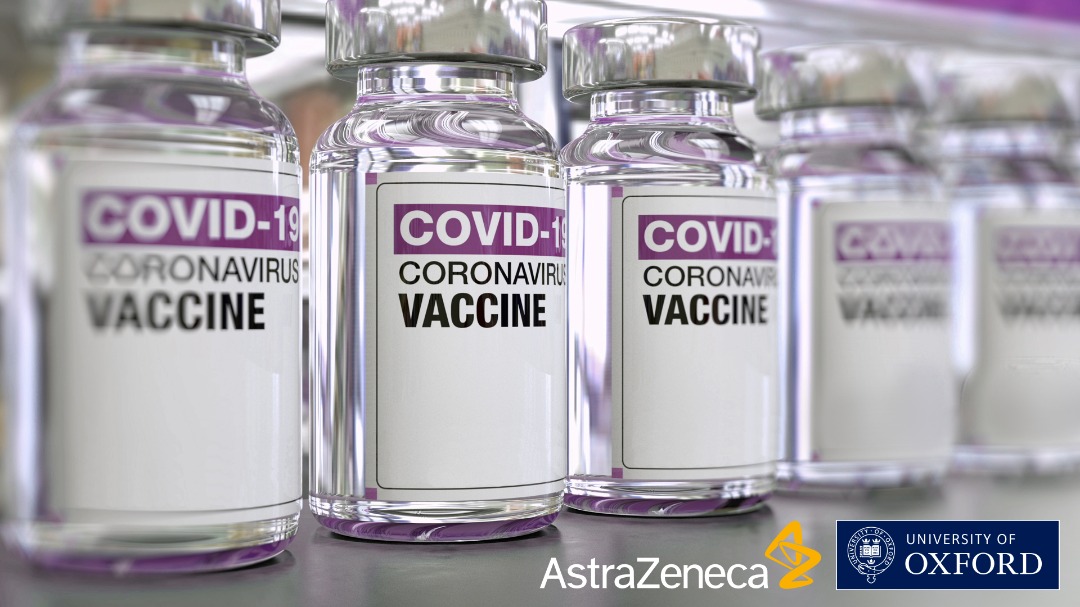KUALA LUMPUR, July 2 — A new Oxford University study has found that a delayed second dose of its AstraZeneca-Oxford vaccine, by up to 10 months, and a third booster shot can result in better immunity against Covid-19.
Clinical trials conducted on volunteers aged between 18 and 55 showed that a delay of up to 45 weeks between the first and second doses — four times the currently recommended 12-week interval — led to higher antibody levels and enhanced immune response.
Researchers of the study noted that the finding offers greater flexibility in vaccination schedules, especially for countries that are facing Covid-19 vaccine supply shortages.
“This should come as reassuring news to countries with lower supplies of the vaccine, who may be concerned about delays in providing second doses to their populations. There is an excellent response to a second dose, even after a 10-month delay from the first,” said Professor Andrew J Pollard, chief investigator and director of the Oxford Vaccine Group.
Additionally, the study found that a third dose given at least six months after the second boosted antibody levels, maintained T-cell response — immune cells that can destroy virus-infected cells — and resulted in neutralising activity against the Alpha, Beta and Delta variants.
Trinity College Dublin professor of experimental immunology Kingston Mills told The Irish Times that the Oxford study indicated that shortening the dosing interval for AstraZeneca’s vaccine “will reduce rather than enhance the effectiveness of the vaccine, [or] is likely to.
“Based on this it would suggest that you are not going to get better protection by speeding it up. If anything, you are going to get worse protection.”
Some countries, including Malaysia, are considering administering a third “booster” dose in light of new and more infectious strains of the Covid-19 virus.
“It is not known if booster jabs will be needed due to waning immunity or to augment immunity against variants of concern,” said Associate Professor Teresa Lambe, who is the study’s lead senior author. “This is very encouraging news if we find that a third dose is needed,” she added.
Side effects of the vaccine were also found to be well-tolerated, with lower incidents of side effects after second and third doses than after first doses.








